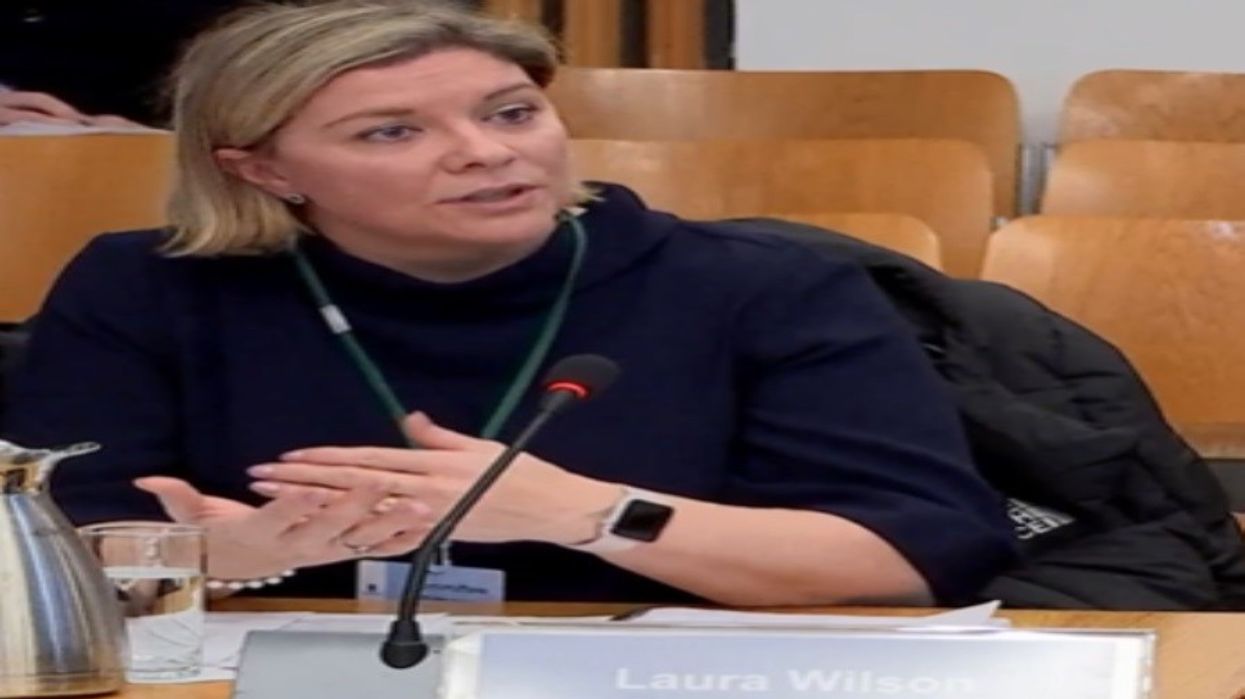Alternative training pathways vital to develop sustainable pharmacy workforce in remote and rural areas, says RPS Scotland
Royal Pharmaceutical Society (RPS) Scotland has submitted its evidence to the Health, Social Care and Sport Committee’s inquiry into ‘Healthcare in remote and rural areas.’
The Committee had sought views on what policies and actions would be most effective in addressing the issues people face when accessing healthcare in these areas.
During the evidence session today (19 December), Laura Wilson, Director for RPS Scotland, highlighted the challenges faced by pharmacists and pharmacy in remote and rural areas, as well as provided some of the solutions for ensuring a sustainable pharmacy workforce.
At present, people living in remote and rural areas of Scotland are required to travel to Glasgow or Aberdeen to undertake pharmacy training. Laura underscored the need to develop alternative education and training pathways, such as “grow your own” models, to support remote and rural areas to develop and retain local pharmacists.
Laura also made several other points, such as providing pharmacists with access to patient health records, an urgent need for pharmacy workforce planning, and a holistic approach to address cost of living and infrastructure concerns.
She said: “It is vital that we consider alternative pathways to education to ensure pharmacy is an accessible and desirable career option for people from all parts of the country. Appropriate levels of funding should accompany this to ensure these models are viable.
“Comprehensive workforce planning for pharmacy both nationally and in remote and rural areas is a priority. This planning should consider wider factors, including the local infrastructure such as supply of housing in remote and rural areas, to ensure pharmacists are able to live and work in these areas.
“Finally, providing pharmacists with read/write access to patient records is essential for remote and rural areas, providing patients with the ability to access care closer to home and removing the need for unnecessary travel, which is often costly and time consuming.”
The committee had sought views from anyone who uses healthcare services or works in the health and social care sector on remote and rural healthcare.
The Scottish government has committed to developing a Remote and Rural Workforce Strategy by the end of 2024 to provide a framework to support employers and fulfil the health and social care needs of people who live in remote and rural communities.













